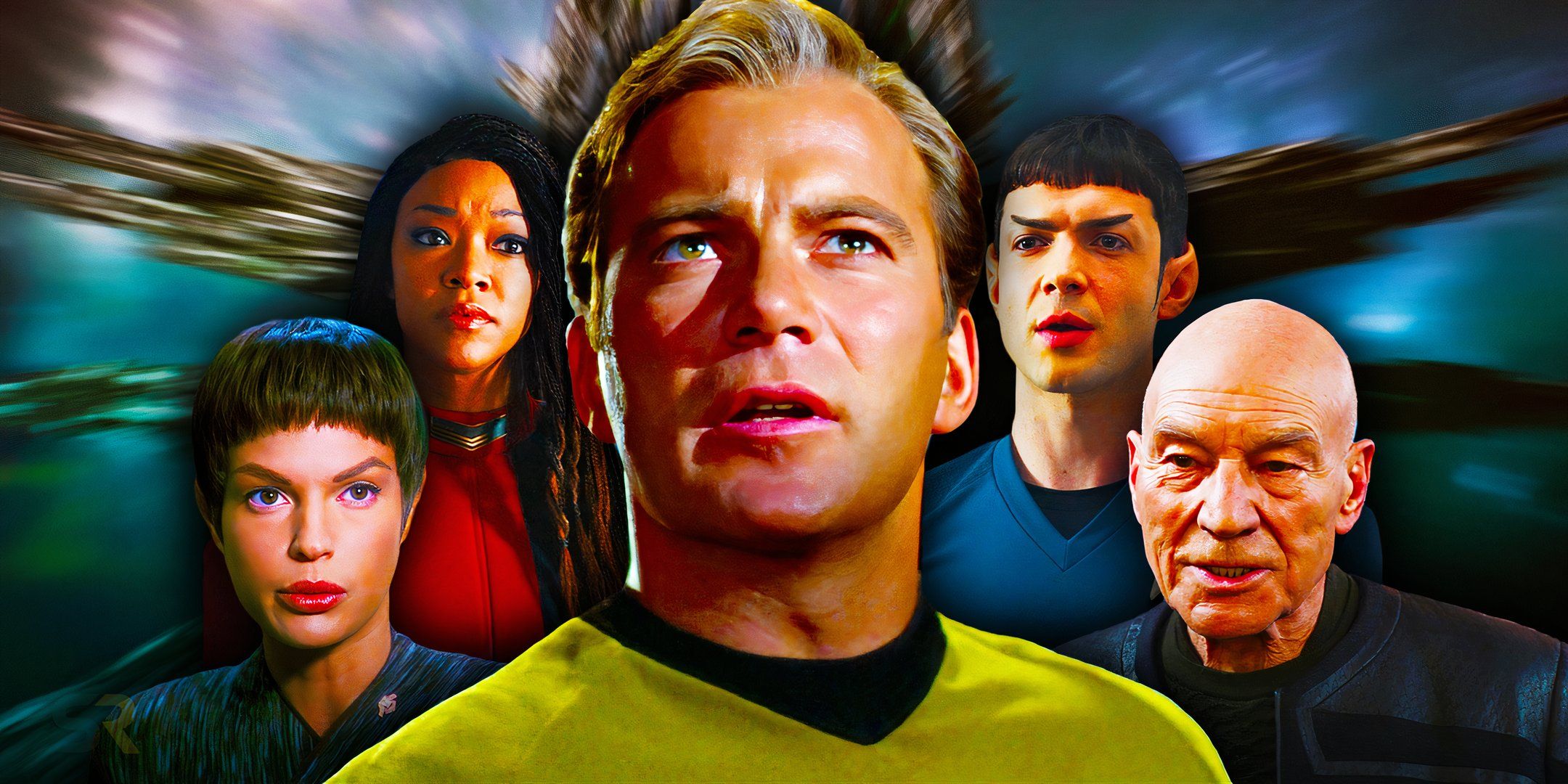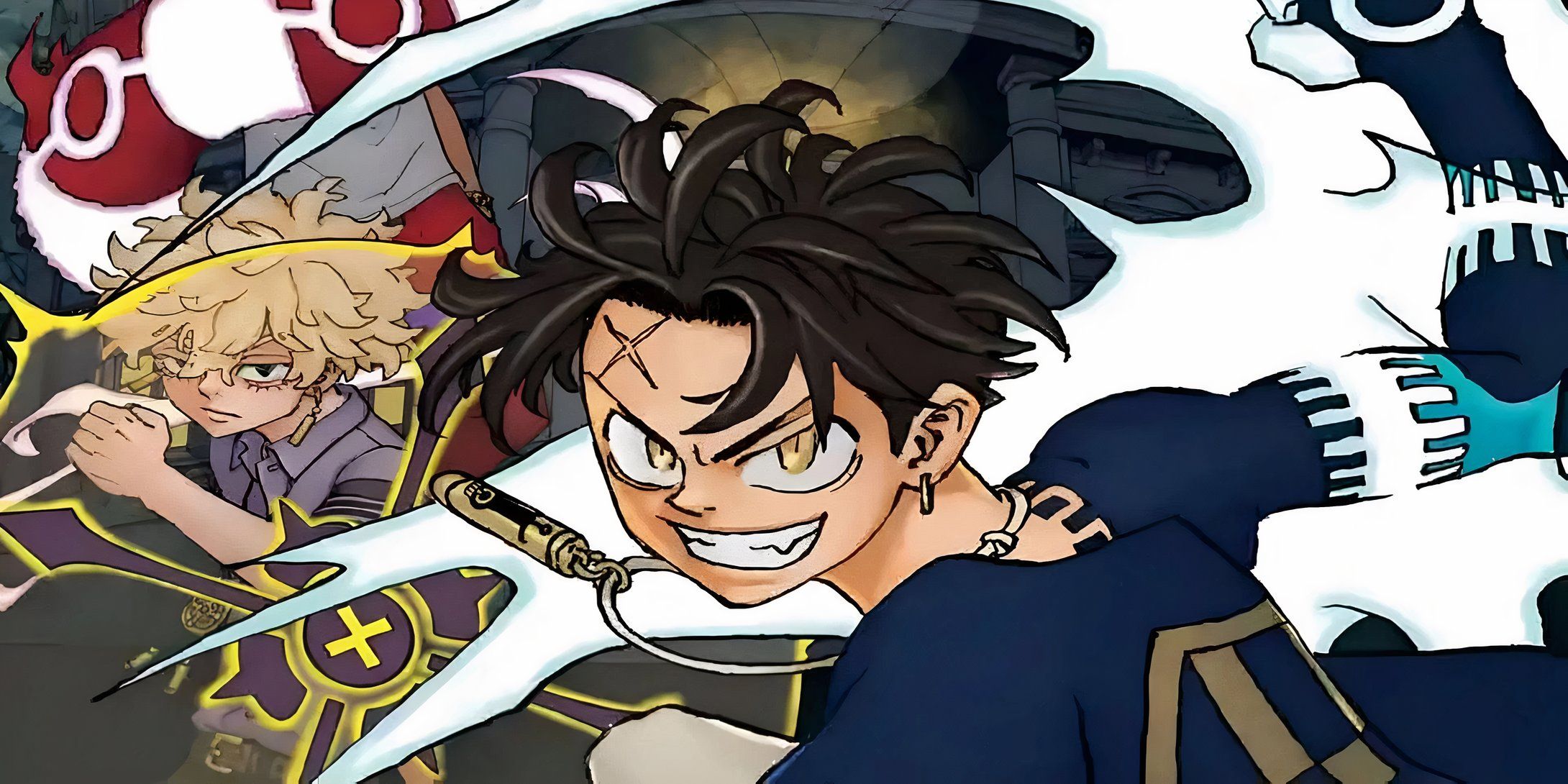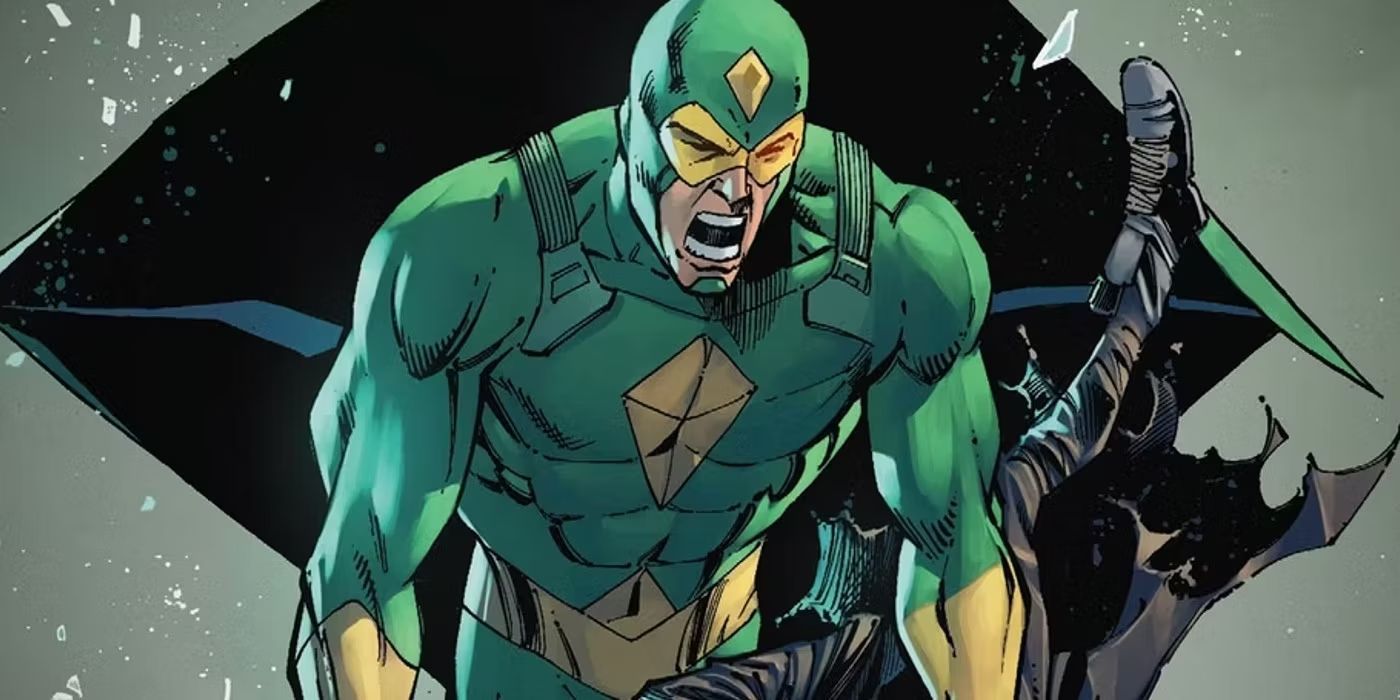From Blade Runner to The Terminator to Ghost in the Shell, some of the greatest science fiction movies of all time belong to the fan-favorite “tech noir” subgenre. Tech noirs combine the futuristic technology of science fiction with the moral ambiguity of film noir. They often have a neon-drenched aesthetic, an intriguing mystery, and an ethically questionable antihero at the center of their storylines. Tech noirs give filmmakers an opportunity to explore societal issues from the present day, like human identity, technocracy, and the dangers of artificial intelligence, in a speculative sci-fi setting.
Visionary directors like Ridley Scott and James Cameron defined the tone and aesthetic of the tech noir subgenre with their ‘80s masterpieces. Since then, other filmmakers have taken the tech noir baton and put their own stamp on the genre. Tech noirs have imagined the sprawling metropolis of Los Angeles in the distant future and a simulated reality controlled by humanity’s robotic overlords. From action-packed satires like RoboCop to Philip K. Dick adaptations like Minority Report, these are the greatest tech noirs ever made.
10 Strange Days
Kathryn Bigelow, 1995
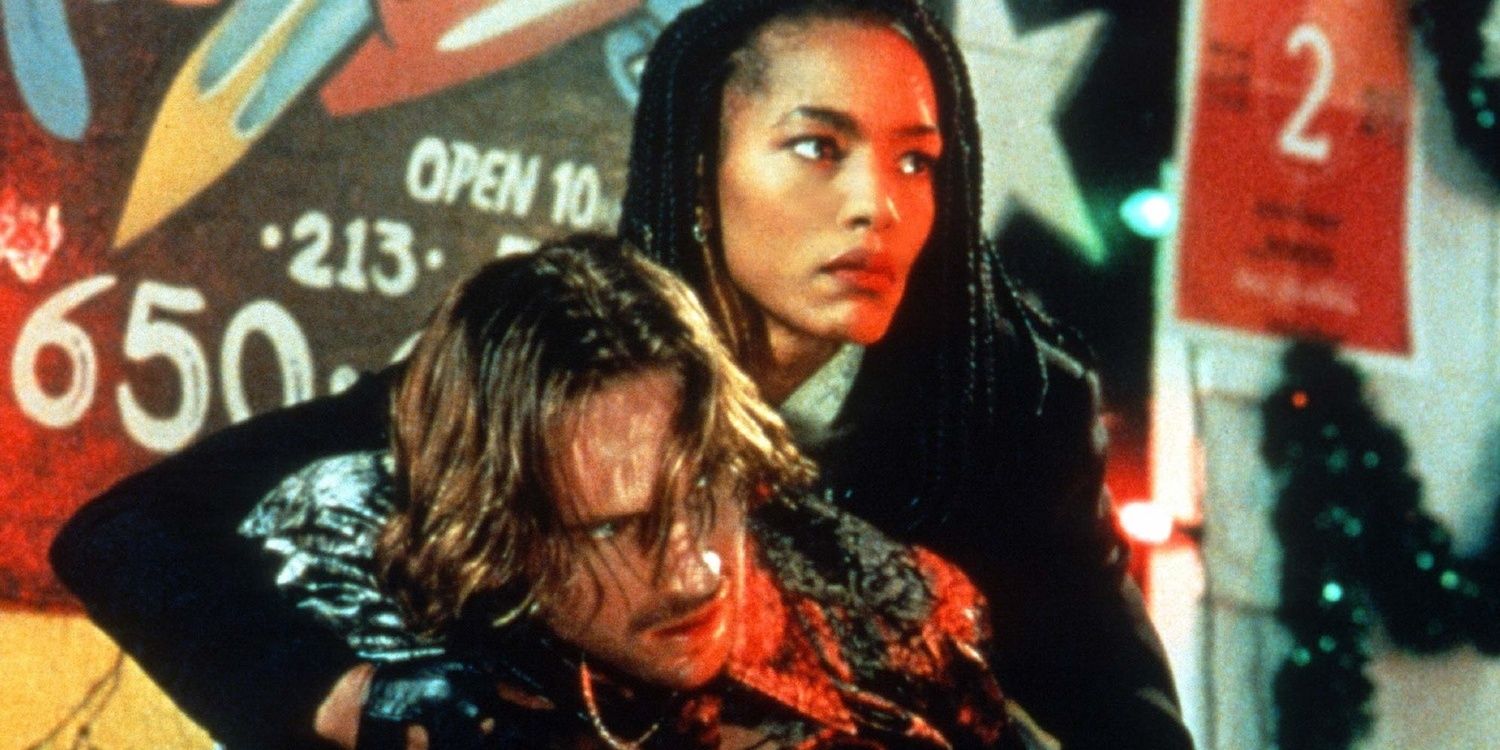
Set in a near-future L.A., Strange Days stars Ralph Fiennes as Lenny Nero, a black-market dealer who sells an electrical device that allows its users to experience other people’s memories, alongside Angela Bassett as the bodyguard who gets drawn into a criminal conspiracy with Nero. Strange Days uses its blend of sci-fi imagery and film noir tropes to explore universal themes like prejudice, voyeurism, and abuse of authority. Its depiction of violence isn’t for the fainthearted, but it has captivating performances and mesmerizing visuals.
9 A Scanner Darkly
Richard Linklater, 2006
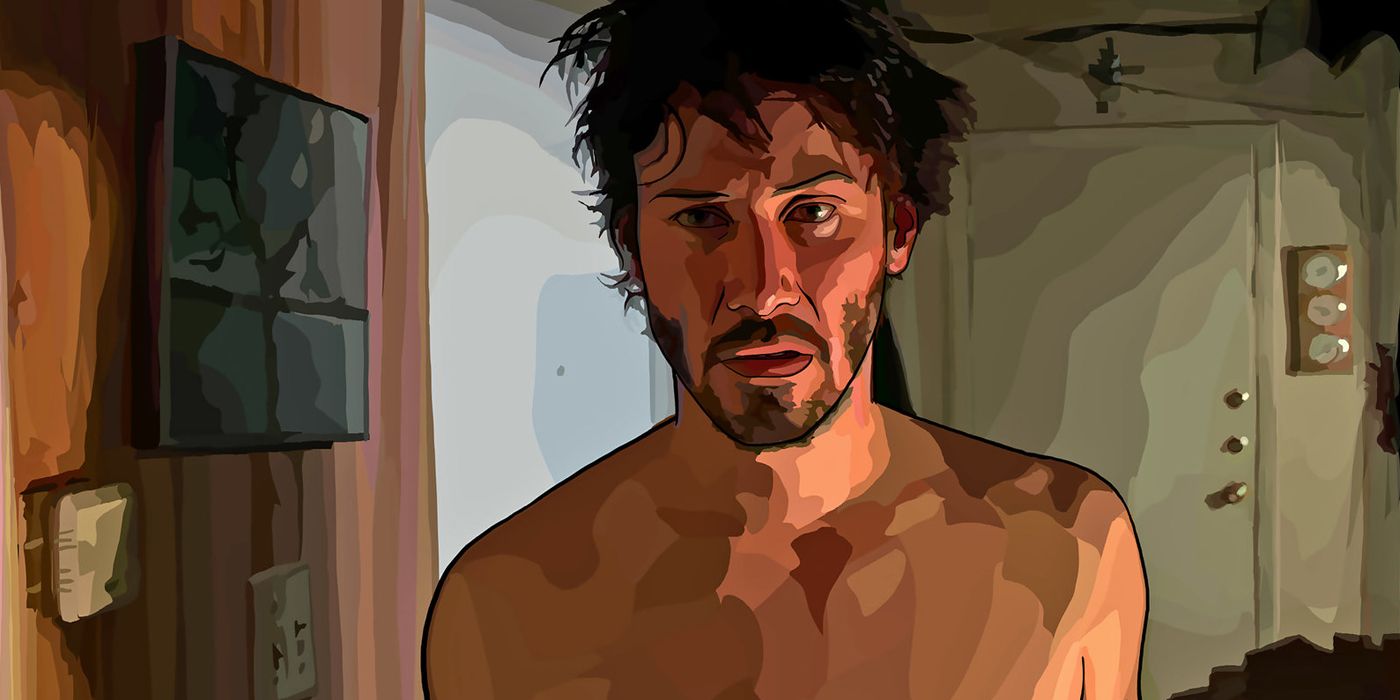
Based on the Philip K. Dick novel of the same name, A Scanner Darkly takes place in a dystopian future America that has lost the war on drugs and enabled high-tech police surveillance as a countermeasure. A Scanner Darkly was animated using the same rotoscoping technique as Richard Linklater’s earlier film, Waking Life, which brings Dick’s dystopia to life beautifully. The rampant drug use and political instability of A Scanner Darkly’s future offer one of the most startling cinematic portraits of a not-so-brave new world.
8 RoboCop
Paul Verhoeven, 1987
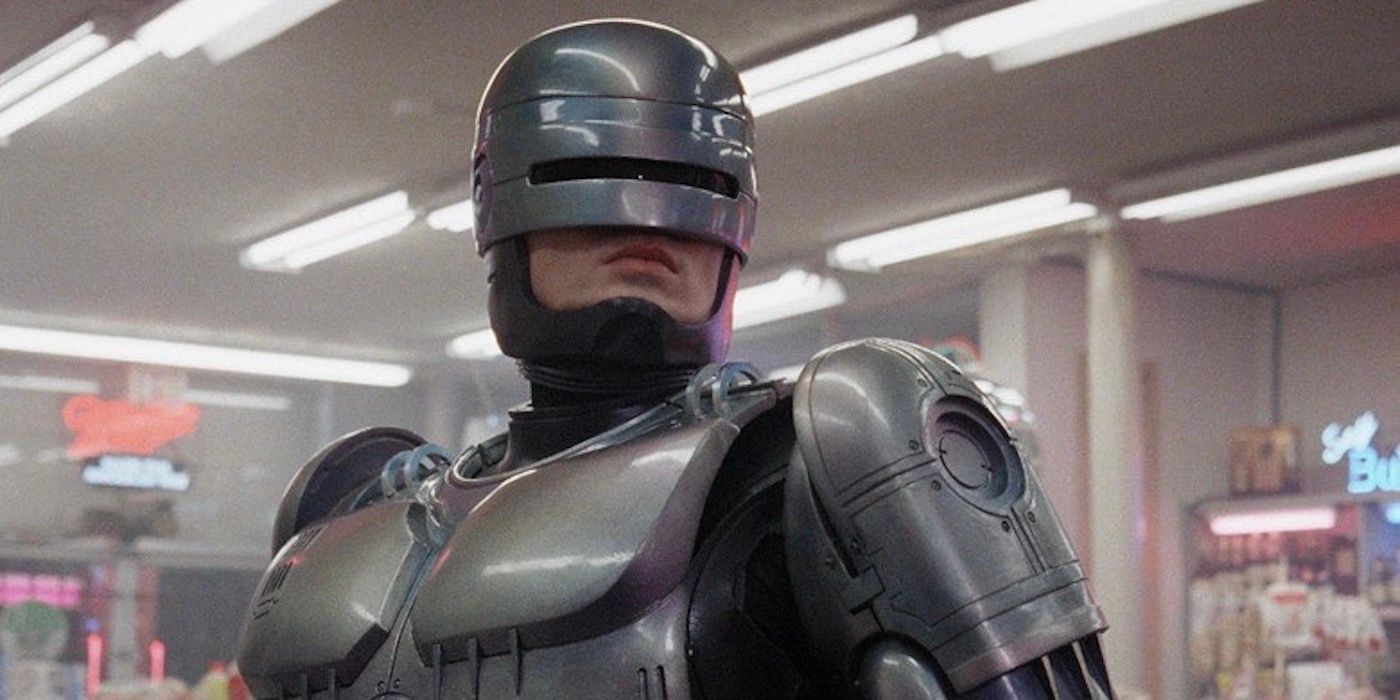
After being shot to pieces and left for dead by ruthless gangsters, good, honest, hard-working police officer Alex Murphy is reincarnated as a cybernetic killing machine and let loose on the crime-ridden streets of futuristic Detroit in RoboCop. On the surface, RoboCop seems like a schlocky, run-of-the-mill B-movie, but director Paul Verhoeven uses genre tropes and graphic violence to satirize prevalent social and political issues. RoboCop is a scathing indictment of capitalism, authoritarianism, and the consequences of privatizing a police force, all wrapped up in a genre movie package.
7 Minority Report
Steven Spielberg, 2002
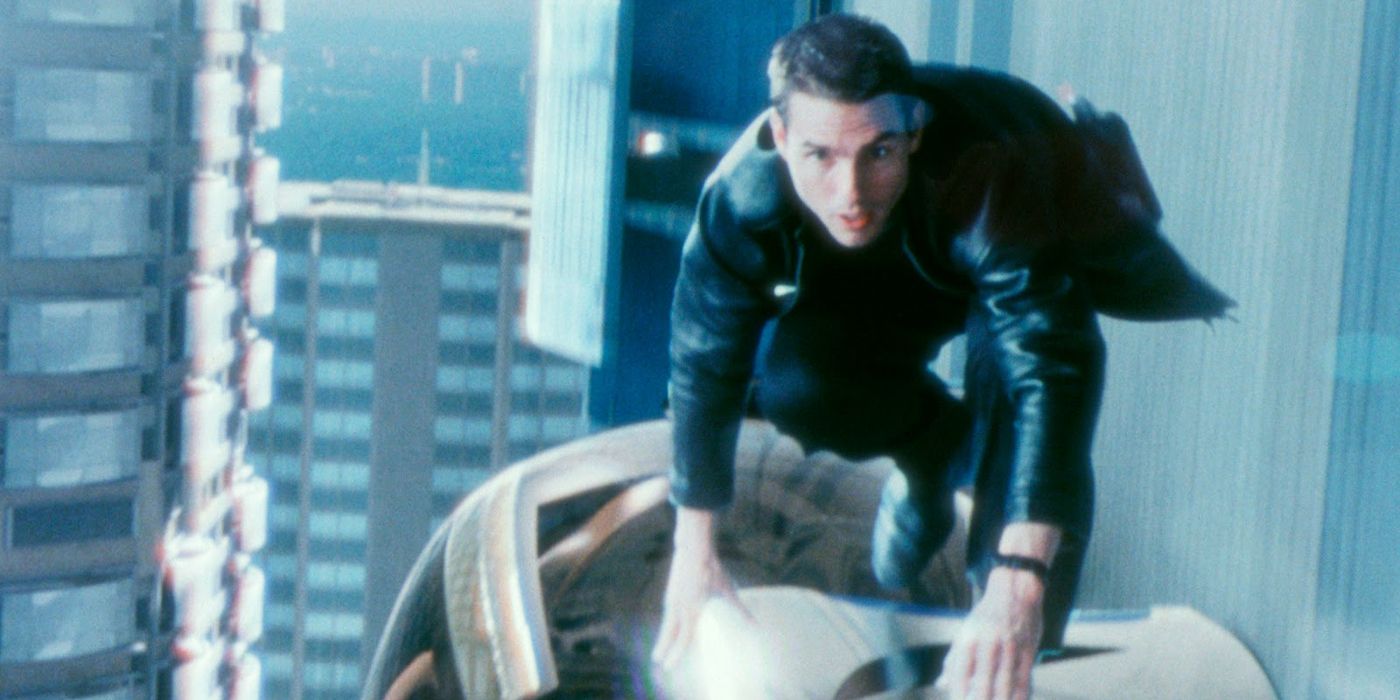
Tom Cruise plays a police chief who can predict crimes before they even happen in Steven Spielberg’s adaptation of Dick’s novella Minority Report. When the chief himself is accused of the future murder of a man he’s never met, he has to go on the run to clear his name and figure out why he’s destined to kill this man. Minority Report delivers a nail-biting cat-and-mouse murder mystery through the lens of the age-old philosophical debate of free will versus determinism.
6 Alphaville
Jean-Luc Godard, 1965
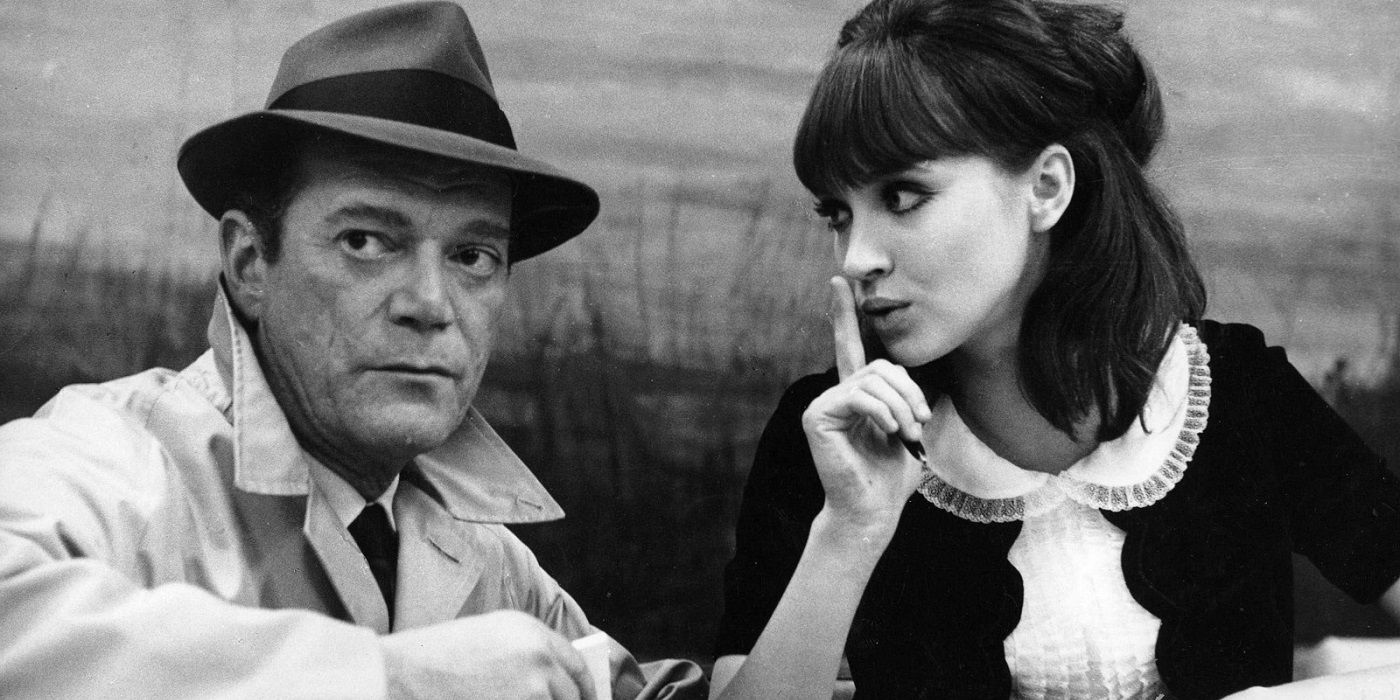
Jean-Luc Godard directed one of the earliest tech noirs way back in 1965. Alphaville sends the classic European private eye character Lemmy Caution to a distant planet to liberate the eponymous city from an evil computer that controls its residents’ thoughts. Godard takes all the hallmarks of a typical Lemmy Caution adventure – the trenchcoat, the fight scenes, the suspicious supporting players – and transplants them into the futuristic story of a technocratic dictatorship. Alphaville is an ominous look at a world where A.I. has eradicated free will.
5 The Terminator
James Cameron, 1984
A killer cyborg is sent back in time to kill Sarah Connor, the mother of future resistance leader John Connor, in James Cameron’s classic thriller The Terminator. Cameron’s movie actually coined the term “tech noir” – it’s the name of the nightclub where Sarah first encounters the T-800. The Terminator has the structure of a typical slasher, with Arnold Schwarzenegger’s iconic killing machine bumping off every Sarah Connor in the phonebook, but Cameron ingeniously uses that genre formula to explore deeper themes of the dangers of sentient A.I. and the fragility of fate.
4 Ghost In The Shell
Mamoru Oshii, 1995
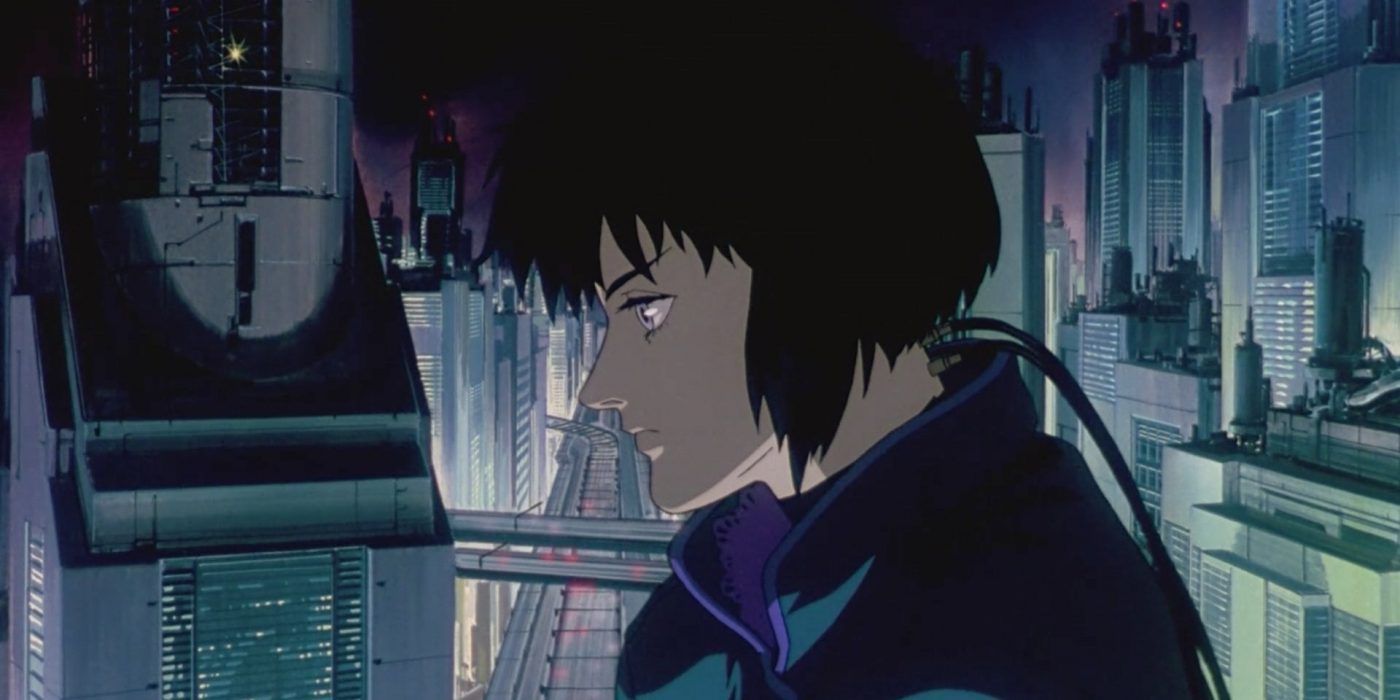
Based on Masamune Shirow’s manga of the same name, Ghost in the Shell follows a cyborg cop on the trail of a notorious hacker known as the Puppet Master in futuristic Japan. The story concerns the loss of personal identity in an increasingly technologically advanced world, and explores the notion of granting political asylum to self-aware computer programs. Ghost in the Shell was surprisingly prescient in its depiction of the dehumanization of a tech-driven society.
3 The Matrix
The Wachowskis, 1999
Keanu Reeves’ computer hacker Thomas Anderson discovers that his entire reality is a simulation controlled by humanity’s machine overlords, who have been using human bodies as batteries, in the Wachowskis’ sci-fi action masterpiece The Matrix. It has all the high-octane action of a kung fu movie, but with the thought-provoking existentialism of the best science fiction stories. The Matrix made audiences around the world question their own existence with its hauntingly believable tale of a complex computer simulation keeping the human race in the dark about its own reality.
2 Akira
Katsuhiro Otomo, 1988
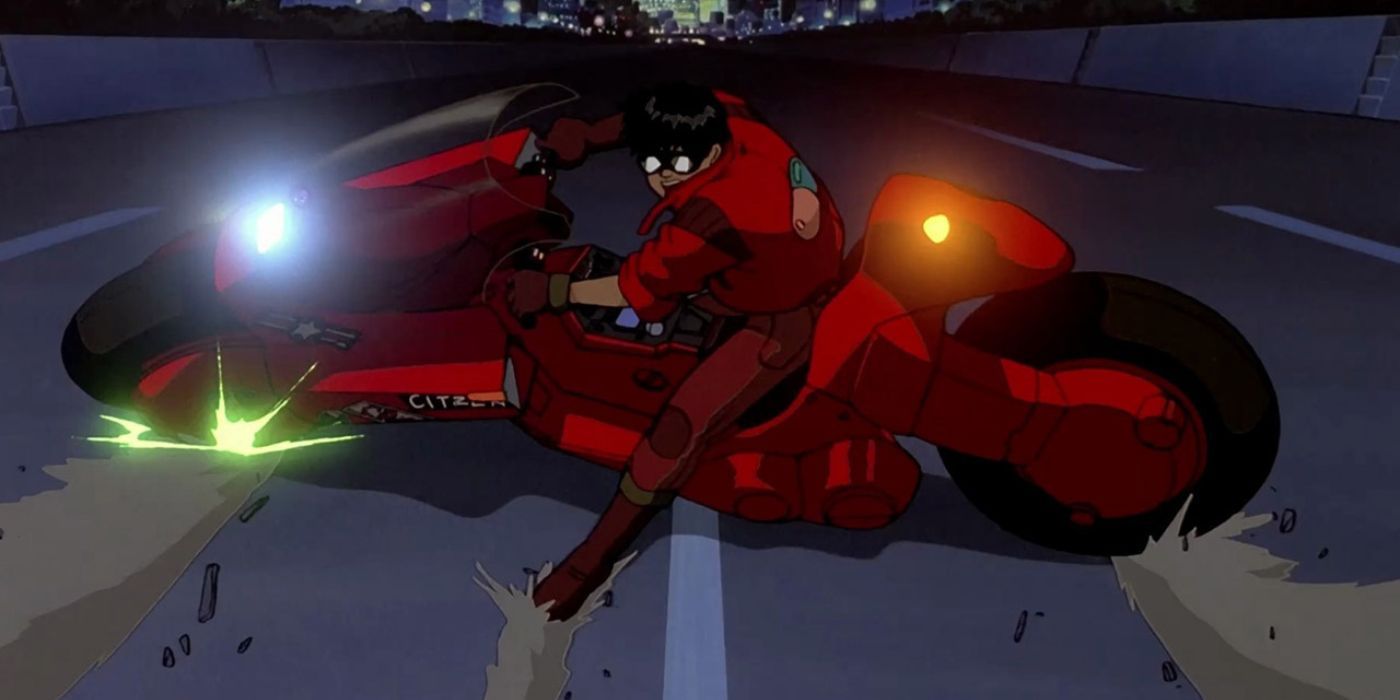
Katsuhiro Otomo adapted his own manga in the cyberpunk classic Akira, in which a biker gang’s childhood friend takes on the entire military complex of Neo-Tokyo after gaining telekinetic powers in a motorcycle accident. Arguably the most iconic and influential anime feature ever made, Akira is both a wildly entertaining action thriller and a profound examination of humanity’s corruptibility and the dangers of technology. It was one of the first animated movies to prove that animation isn’t just for kids.
1 Blade Runner
Ridley Scott, 1982
Harrison Ford stars in Blade Runner as Rick Deckard, a detective who’s sent to identify and terminate the replicants that have assimilated themselves into the human population of near-future Los Angeles, and quickly starts to doubt his own humanhood. Ridley Scott’s breathtaking adaptation of Dick’s Do Androids Dream of Electric Sheep? established many hallmarks of the tech noir, like high-contrast, neon-tinged lighting. It’s a hard-boiled detective story that explores urban decay in a futuristic setting and stars a Sam Spade-esque sleuth tasked with hunting robots. For half a century, Blade Runner has been the tech noir benchmark to beat.
